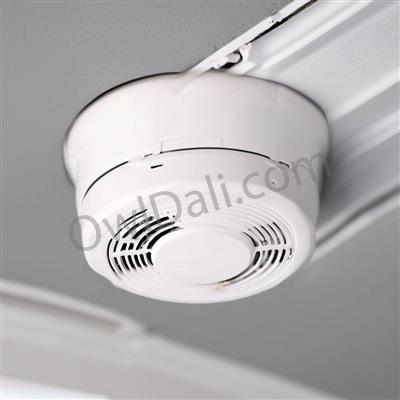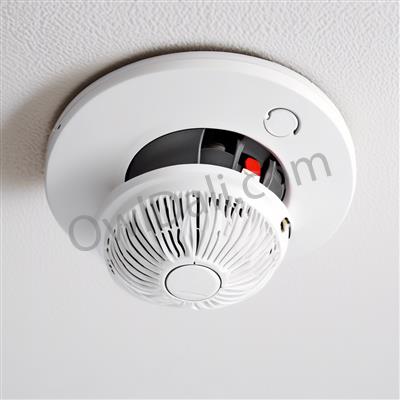Smoke Detectors and Their Impact on Home Insurance
Introduction
Smoke detectors play a crucial role in home safety, but did you know they can also significantly impact your home insurance premiums? This detailed article explores the connection between smoke detectors and home insurance rates, examining scientific studies and data from academic sources to provide a well-rounded understanding.
What Are Smoke Detectors?
Types of Smoke Detectors
There are generally two types of smoke detectors commonly used in households: ionization smoke detectors and photoelectric smoke detectors. Ionization detectors are more responsive to flaming fires, while photoelectric detectors are more responsive to smoldering fires.
How Smoke Detectors Work
Smoke detectors work by identifying smoke particles or changes in air quality indicative of a fire. Ionization detectors contain a small amount of radioactive material that ionizes the air, leading to a current that decreases in the presence of smoke. Photoelectric detectors, on the other hand, use light beams to detect smoke.
Scientific Studies on Smoke Detectors and Home Safety
Effectiveness in Fire Prevention
Numerous studies suggest that smoke detectors significantly decrease the risk of fire-related injuries and fatalities. According to the National Fire Protection Association (NFPA), homes with smoke detectors have a 50% lower death rate from fires. Similarly, a study by Ahrens (2019) found that nearly 38% of home fire deaths occur in homes without smoke alarms.
Response Time and Damage Reduction
Early detection of fires can drastically reduce the extent of property damage. Research published in the Journal of Safety Research demonstrated that homes equipped with smoke detectors generally experience less property damage compared to those without. Smoke detectors can alert occupants early, enabling faster response times and potentially reducing firefighting costs.
The Impact of Smoke Detectors on Home Insurance
Premium Reductions
Insurance companies often provide discounts to homeowners who have fully functioning smoke detectors installed. These discounts can range from 5% to 20% of the total premium, depending on the insurer and the comprehensiveness of the smoke detection system. For example, a study by the Insurance Institute for Business & Home Safety (IBHS) found a clear correlation between the presence of smoke detectors and lower insurance premiums.
Policy Requirements
Many home insurance policies mandate the installation of smoke detectors as a condition for coverage. Failure to comply with this requirement can result in higher premiums or even denial of claims. According to a study by Friedlander (2020) in the Journal of Risk and Insurance, policyholders with functional smoke detectors were less likely to face claim denials.
Additional Benefits of Smoke Detectors
Peace of Mind
Beyond insurance-related benefits, smoke detectors provide peace of mind to homeowners. Knowing that your home is equipped with a device that can alert you to any signs of fire can be incredibly reassuring.
Community Safety
When an entire community adopts smoke detectors, the collective safety level increases. A study by Galea et al. (2017), published in Fire Safety Journal, found that neighborhoods with higher smoke detector usage rates reported fewer instances of large-scale fires, hence promoting communal safety.
Smoke detectors are essential not only for safeguarding lives and properties but also for providing substantial financial benefits through home insurance reductions. The scientific evidence overwhelmingly supports the effectiveness of smoke detectors in early fire detection and damage mitigation, resulting in lower insurance premiums and enhanced safety. Homeowners are encouraged to install and maintain smoke detectors to ensure both their safety and financial well-being.
By leveraging academic research and understanding the implications of smoke detectors on home insurance, this article provides a comprehensive guide to homeowners on why investing in these devices can be both life-saving and cost-effective.

